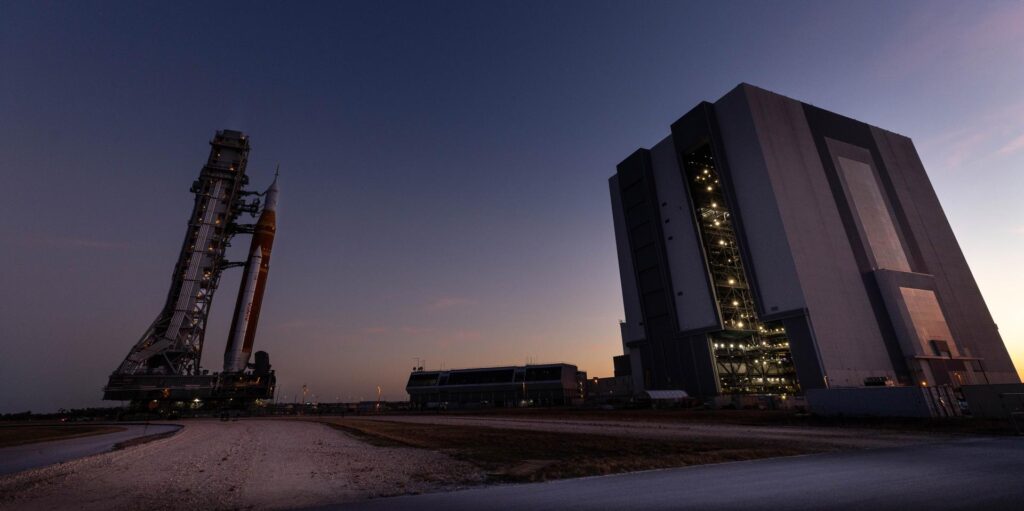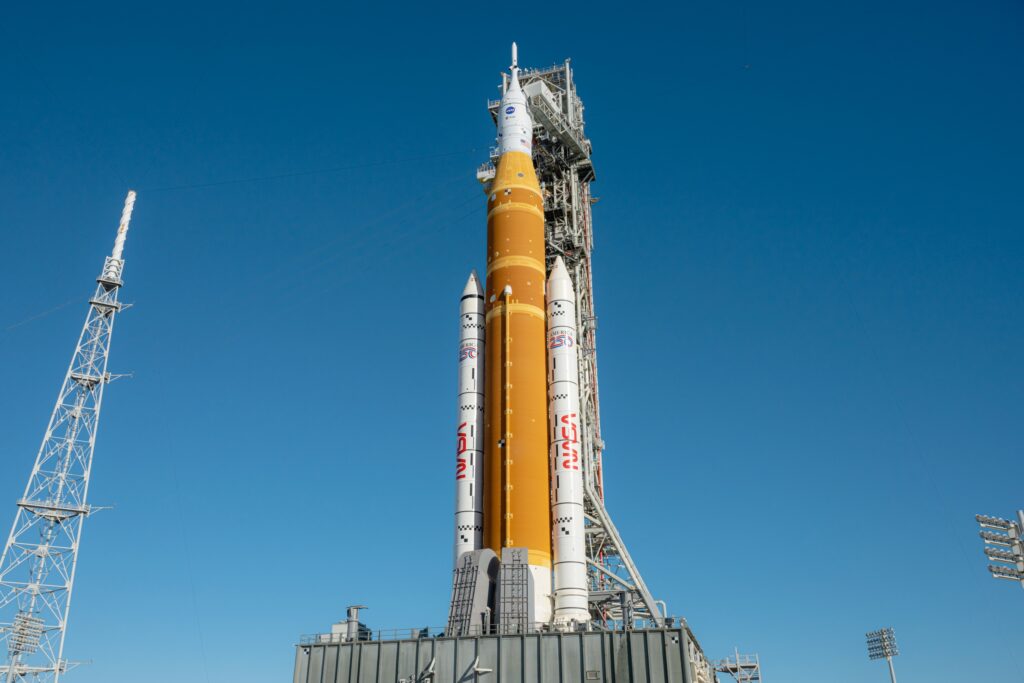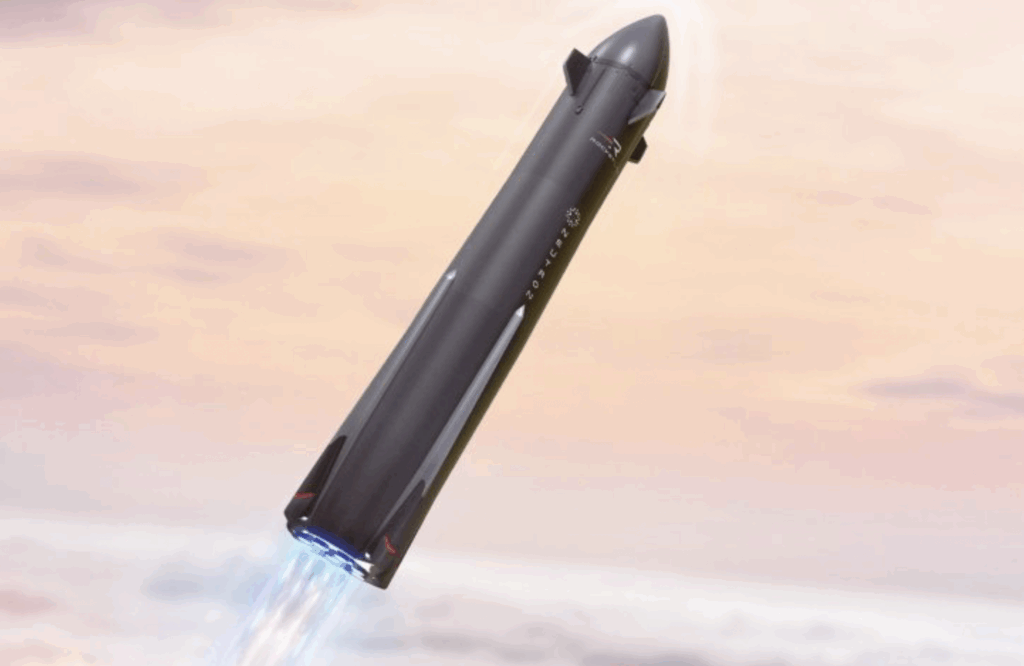Now Reading: Slingshot sells first sensors in UK deal as more nations seek space-tracking sovereignty
-
01
Slingshot sells first sensors in UK deal as more nations seek space-tracking sovereignty
Slingshot sells first sensors in UK deal as more nations seek space-tracking sovereignty

TAMPA, Fla. — Slingshot Aerospace is in talks with other countries to create or expand space-tracking capabilities after selling optical sensors to the United Kingdom, marking the California-based company’s first deal for the hardware behind its monitoring software.
“We are seeing a huge increase in demand,” said Melissa Quinn, general manager of international business at the space-tracking and analytics company.
Quinn pointed to a shift “from relying on the U.S. to provide tracking capabilities, moving away from just buying data from providers to wanting to create their own sovereignty capability, from the software to the hardware.”
Data sovereignty is also becoming increasingly important worldwide, she told SpaceNews, as governments seek to protect their own information chains of custody amid rising cybersecurity concerns.
Slingshot announced a contract Oct. 28 with the UK Space Agency covering the deployment of 13 sensors across five global sites, installed in partnership with German astronomical equipment specialist Baader Planetarium.
The hardware will be closed off from Slingshot’s internal network of 204 sensors, although Quinn said the company will offer its software to leverage its artificial intelligence platform.
She said Slingshot now offers a range of packages since announcing plans earlier this year to sell the hardware it produces in Colorado, including servicing and maintenance.
“It depends on the country and where their capability is now that they already have in place,” she said, “some countries have nothing and they want everything — and some countries have a few of these capabilities, and they just need some of those technology gaps plugged with commercial, existing technology.”
For the U.K., Slingshot is providing products that can be layered on top of bespoke capabilities developed through the National Space Operations Centre (NSpOC), which marked its first anniversary in July, enabling faster and more cost-effective expansion to keep pace with increasingly congested orbits.
The number of active satellites in orbit today is set to balloon from 12,000 to 100,000 by 2030, according to Slingshot, making a persistent, independent view of space increasingly mission-critical.
Slingshot set up its international business division last year with an office at the Space Systems Operations Facility at Spaceport Cornwall, in southwest England.
Stay Informed With the Latest & Most Important News
-
 01Two Black Holes Observed Circling Each Other for the First Time
01Two Black Holes Observed Circling Each Other for the First Time -
 02From Polymerization-Enabled Folding and Assembly to Chemical Evolution: Key Processes for Emergence of Functional Polymers in the Origin of Life
02From Polymerization-Enabled Folding and Assembly to Chemical Evolution: Key Processes for Emergence of Functional Polymers in the Origin of Life -
 03Astronomy 101: From the Sun and Moon to Wormholes and Warp Drive, Key Theories, Discoveries, and Facts about the Universe (The Adams 101 Series)
03Astronomy 101: From the Sun and Moon to Wormholes and Warp Drive, Key Theories, Discoveries, and Facts about the Universe (The Adams 101 Series) -
 04True Anomaly hires former York Space executive as chief operating officer
04True Anomaly hires former York Space executive as chief operating officer -
 05Φsat-2 begins science phase for AI Earth images
05Φsat-2 begins science phase for AI Earth images -
 06Hurricane forecasters are losing 3 key satellites ahead of peak storm season − a meteorologist explains why it matters
06Hurricane forecasters are losing 3 key satellites ahead of peak storm season − a meteorologist explains why it matters -
 07Binary star systems are complex astronomical objects − a new AI approach could pin down their properties quickly
07Binary star systems are complex astronomical objects − a new AI approach could pin down their properties quickly



















